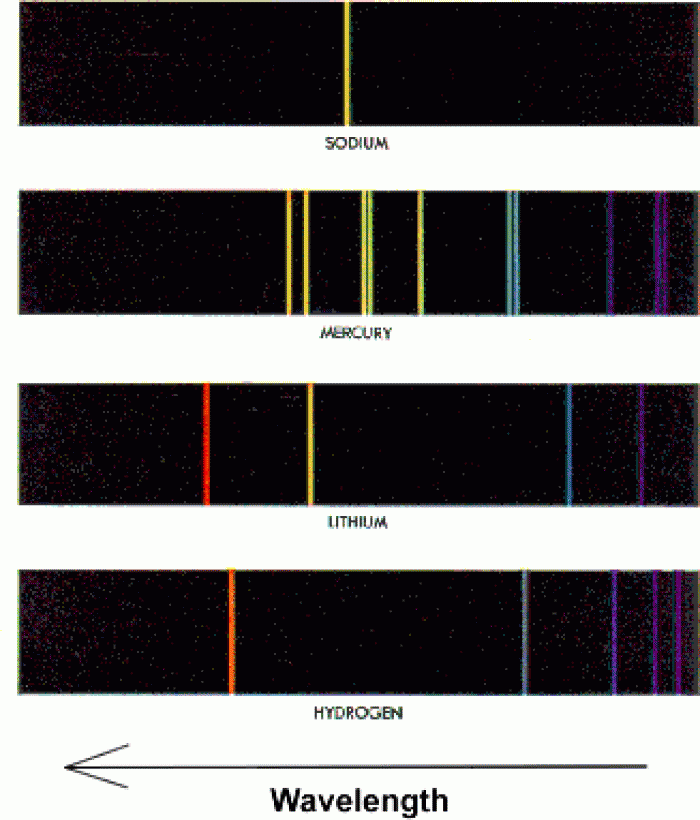|
|
|
Drying your hands with a paper towel will reduce the bacterial count on your hands by 45–60%.
To maintain good kidney function, you should drink at least 3 quarts of water daily. Water dilutes urine and helps prevent concentrations of salts and minerals that can lead to kidney stone formation. Chronic dehydration is a major contributor to the development of kidney stones.
Nearly all drugs pass into human breast milk. How often a drug is taken influences the amount of drug that will pass into the milk. Medications taken 30 to 60 minutes before breastfeeding are likely to be at peak blood levels when the baby is nursing.
Cancer has been around as long as humankind, but only in the second half of the twentieth century did the number of cancer cases explode.
The human body produces and destroys 15 million blood cells every second.







